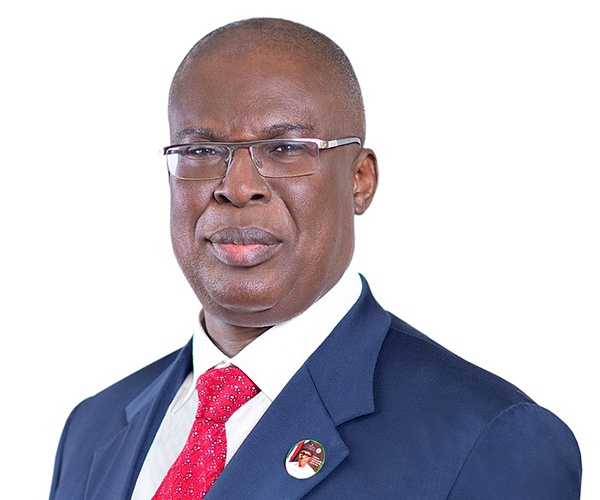The Petroleum Industry Bill (PIB), currently before the National Assembly , will be passed in April, the Minister of State of Petroleum Resources, Timipre Sylva, has said.
Mr Sylva stated this Thursday while briefing State House correspondents at the Presidential Villa, Abuja. This comes barely 24 hours after the Senate President, Ahmad Lawan, made a similar remark.
Shortly before he announced that the Senate will embark on three weeks Easter break on Wednesday, Mr Lawan said committees working on the PIB will ensure that the report is submitted upon resumption in April and the Senate will make sure it is passed. The same applies for committees working on the constitution review and other important legislations.
Mr Lawan has repeatedly expressed his commitment to ensuring a smooth working relationship with the Executive on crucial matters including the PIB which is expected to reform Nigeria’s oil industry.
The minister told journalists that the Executive is ready to give the National Assembly all the necessary support to ensure the bill is passed by April.
The PIB is currently at the final stages at the National Assembly. The Senate joint Committees on Petroleum Upstream, Downstream and Gas concluded its public hearing on the bill in January.
Many stakeholders present at the hearing raised several concerns ranging from higher operating expenditure to gender representation.
The host communities in particular demanded 10 per cent equity shareholding. This is against the 2.5 per cent proposed in the bill.
Residents of these communities complained that previous assemblies had pegged the equity share holding for host communities at 10 per cent Operating Expenditure but the percentage declined every time the bill was considered again.
The bill seeks to scrap the Nigerian National Petroleum Corporation (NNPC) and the Petroleum Product Pricing Regulatory Agency (PPPRA).
It also proposes the creation of Nigerian National Petroleum Company Limited – after all the assets and liabilities of the NNPC have been identified by the ministers of petroleum resources and finance. And to establish the Nigerian Upstream Regulatory Commission and the Nigerian Midstream and Downstream Petroleum Regulatory Authority.
The communities had also proposed that they be the beneficiaries of gas flare penalty funds. This, they said, is because these communities, which are the direct recipients of the negative effects, are the ones to receive the gas flare penalty.
The leadership of the National Assembly has since promised speedy passage and thorough scrutiny of the bill.
After passage, the bill will be transmitted to President Muhammadu Buhari for assent.



